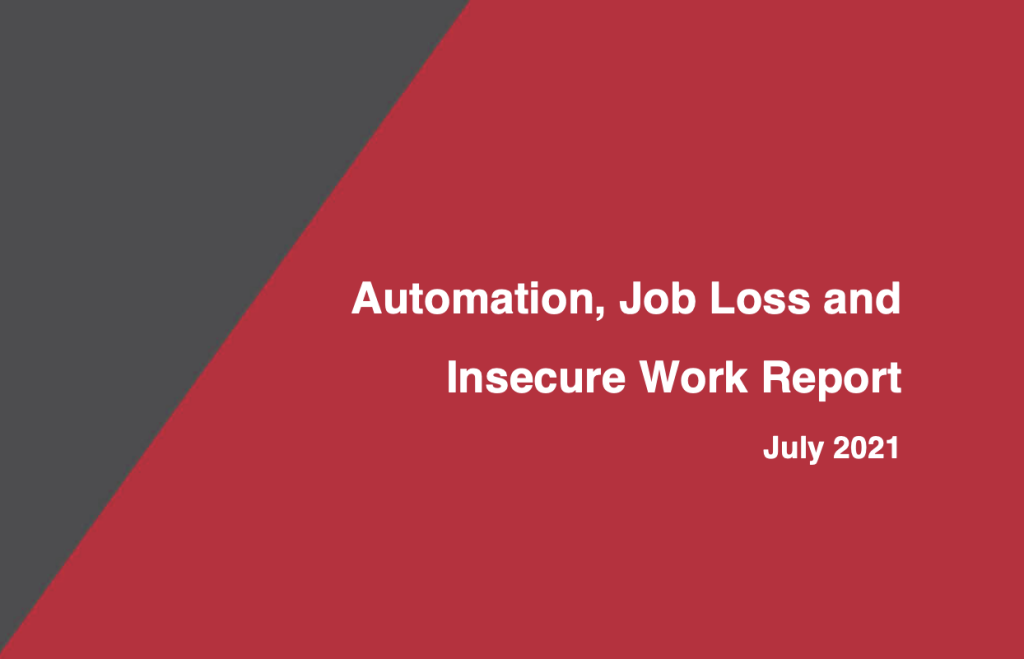
New technology, globalisation and corporate restructuring are transforming the world of work.
These changes are making problems of insecure employment and under-employment worse.
The Covid-19 crisis deepened these trends due to the combined impacts of economic recession, job loss and household financial stress.
In Australia, nearly a million people were unemployed during the first three months of the crisis in 2020. Millions have drawn down personal savings, borrowed against mortgages, or accessed superannuation savings to make ends meet. Life has been especially difficult for people whose livelihoods depend on the worst-affected sectors of the economy, such as hospitality or tourism.
But circumstances have also become much harder for workers in industries like aged care, childcare, logistics, manufacturing and many other sectors where jobs have been shed and working hours drastically reduced.
Greater uncertainty and falling financial security have forced workers to find additional jobs, such as shift work in supermarkets, agency work in ‘pop-up’ warehouses or gig work as delivery drivers. These experiences have been much worse for those excluded from government support, such as more than a million people on temporary migration visas excluded from the JobKeeper and JobSeeker programs.
Read in full:
Automation, Job Loss and Insecure Work [PDF]
Report by United Workers Union and Australian Catholic University.

